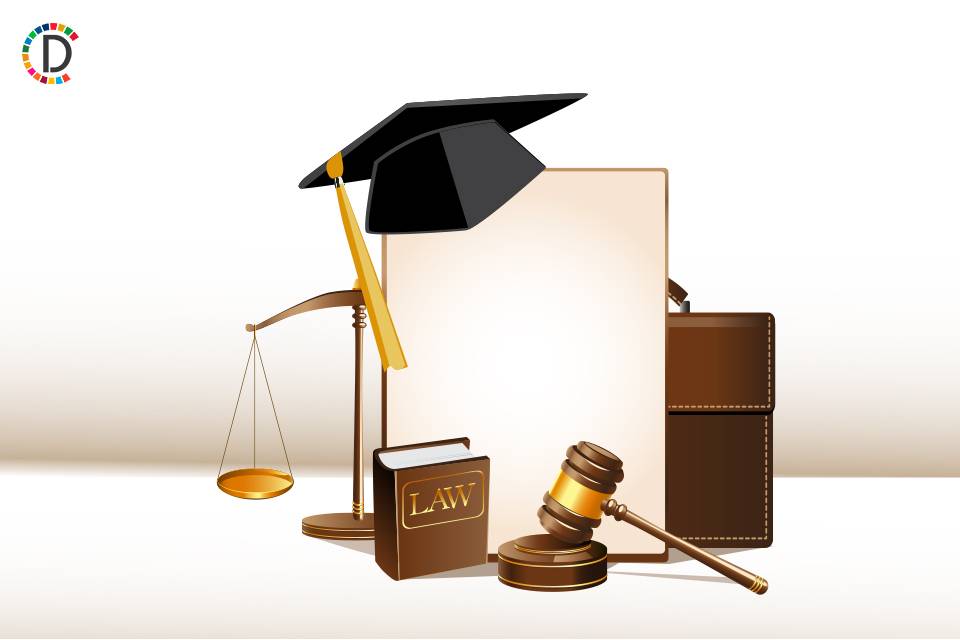Hong Kong court rejects activist's bid for early release under new security law
A Hong Kong court on Friday dismissed an appeal by an activist jailed for secession under a China-imposed security law to gain early release from prison. Ma Chun-man, convicted under the city's 2020 national security law (NSL), is the first such NSL defendant to lodge a legal challenge to a fresh national security law this year that gives the city's head of Correctional Services the right to reject early release of prisoners who committed national security crimes from prison for good behaviour.

A Hong Kong court on Friday dismissed an appeal by an activist jailed for secession under a China-imposed security law to gain early release from prison.
Ma Chun-man, convicted under the city's 2020 national security law (NSL), is the first such NSL defendant to lodge a legal challenge to a fresh national security law this year that gives the city's head of Correctional Services the right to reject early release of prisoners who committed national security crimes from prison for good behaviour. The new national security law, known as Article 23, states that a prisoner "must not be granted remission" unless the Commissioner of Correctional Services "is satisfied that the prisoners being granted remission will not be contrary to the interests of national security".
Judge Alex Lee said in a written judgment a decision by the National Security Committee chaired by Hong Kong leader John Lee not to grant him early release is "binding on the Commissioner". "Mr Ma has no right to an early release and any substantive legitimate expectation he may have must now be subject to the NS (national security) Test," he wrote, adding there was no question of Ma being subject to any additional penalty.
Ma, dubbed "Captain America 2.0" for wielding the comic book hero's shield during 2019 pro-democracy protests, was convicted in 2021 of inciting secession through his slogans, statements and placards. He was sentenced to five years and nine months. Ma later won an appeal and his sentence was reduced to five years. If granted the usual one-third reduction for good behaviour, he would have been released in March this year.
John Lee had said in March it would become "common practice" not to grant people convicted of national security offences early release under the new security law. Hong Kong officials have said Article 23 was vital to plugging loopholes and bring long-term stability after the former British colony was rocked by the 2019 protests.
(This story has not been edited by Devdiscourse staff and is auto-generated from a syndicated feed.)










